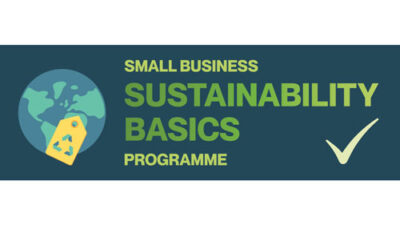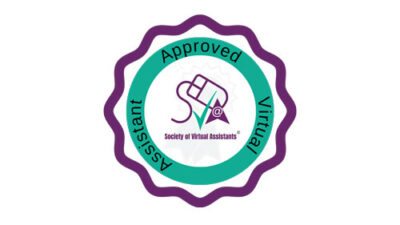From out of the crisis, businesses can emerge stronger and more resilient
 We’re fast approaching the anniversary of when we first entered lockdown. Who would have guessed, what we thought might have been a temporary, three-week lockdown would turn into three lockdowns?
We’re fast approaching the anniversary of when we first entered lockdown. Who would have guessed, what we thought might have been a temporary, three-week lockdown would turn into three lockdowns?
While the compounded impact of the current lockdown has proven detrimental for so many, the signs of progress are encouraging. The road to recovery for many Yorkshire businesses will be very long, but we’re a hardy bunch and based on the work I’ve done with businesses over the past year, I do believe we can enter the post-covid world with more resilience than ever before.
Since March last year, I’ve supported a number of businesses in their transition to remote working. It’s become clear some of these changes will help them when we gradually return to the office and fight the challenges of a post-covid and Brexit world. (And it is worth noting that while home working has largely been deemed successful, a recent report by Aviva shows there is still an appetite for a return to the office).
I believe these processes can be applied broadly to many businesses, enabling them to become more agile. Here are a few observations I’ve made.
Firstly, it is difficult to manage remote teams where roles are not well defined, this is especially likely to be the case in smaller businesses where everyone mucks in. I have been working with businesses to get clear job descriptions for staff, so everyone knows what they are working on. This in turn requires processes to be clearer so staff understand what they are accountable for and this will make businesses able to adapt to future changes more easily. The post-covid world might be split between office and home working, in which case there will be a continued need for maintaining accountability.
Secondly, there is a difference between delegating tasks to a colleague who sits opposite you and delivering instructions to staff remotely. I have been helping businesses to improve their communication channels to avoid ambiguity and time wasting. This is a work in progress and is certainly a learning curve, especially where managers find they are having to have regular individual and team video meetings. While this may have initially been seen as a big addition on top of busy workloads, the investment will enable staff to work better and address challenges as soon as they arise. The businesses which improve communication in their teams now will be in a strong position when staff eventually return to the office.
Finally, technology has been the shining star during this past year, enabling paperless businesses to continue working from home seamlessly or with little interruption. But those yet to transfer their file storage to a cloud-based solution thus enabling easy access for all staff regardless of location, may have struggled to adapt. Where temporary systems were put in place, now is the time look at appropriate long-term IT solutions for your company, it’ll enable you to withstand future crises which there are bound to be. Those utilising the technological benefits that have come out of lockdown could have a whole host of new opportunities open to them. For example, we have been asked by clients to transcribe Zoom meetings – there’s no reason why this should stop when more normal times resume. The time and money saved will be significant and will create leaner businesses, which will be crucial for growth as our broken economy slowly heals.
While many organisations are rightly focused on survival, rather than resilience and may not have the resources or even energy to audit their processes now, this is something that could easily be outsourced to a virtual administration business.
As vaccinations continue to accelerate in pace, the glimmer of light at the end of this long tunnel gets brighter and brighter and yes, the economy will look very different, but businesses can come out of this stronger, more resilient and more agile.
This article was first published in the Business section of the Yorkshire Post on 4th March 2021.













